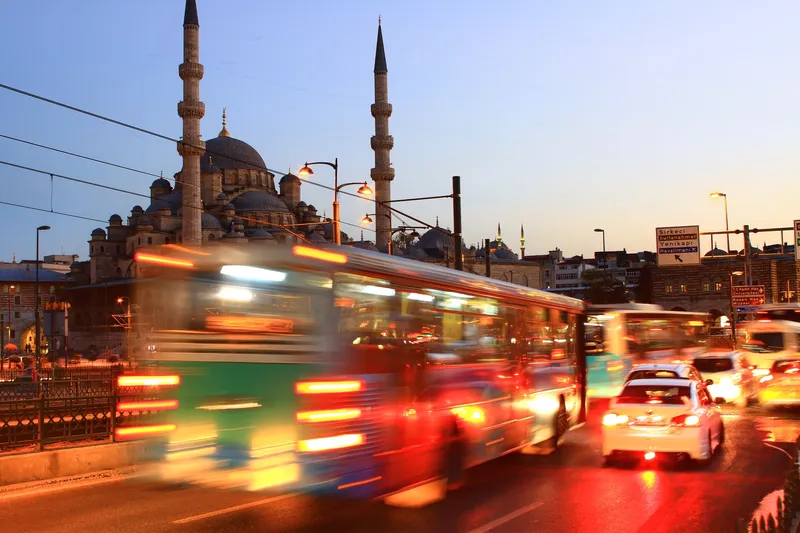Hosted in a different city each year, thousands of CityChangers from all over the world share how they create transformation and which mistakes are made, accelerating change and successfully shaping the future of our cities.
5th June, 2024 - 7th June, 2024
Event Location
Rotterdam, Netherlands








